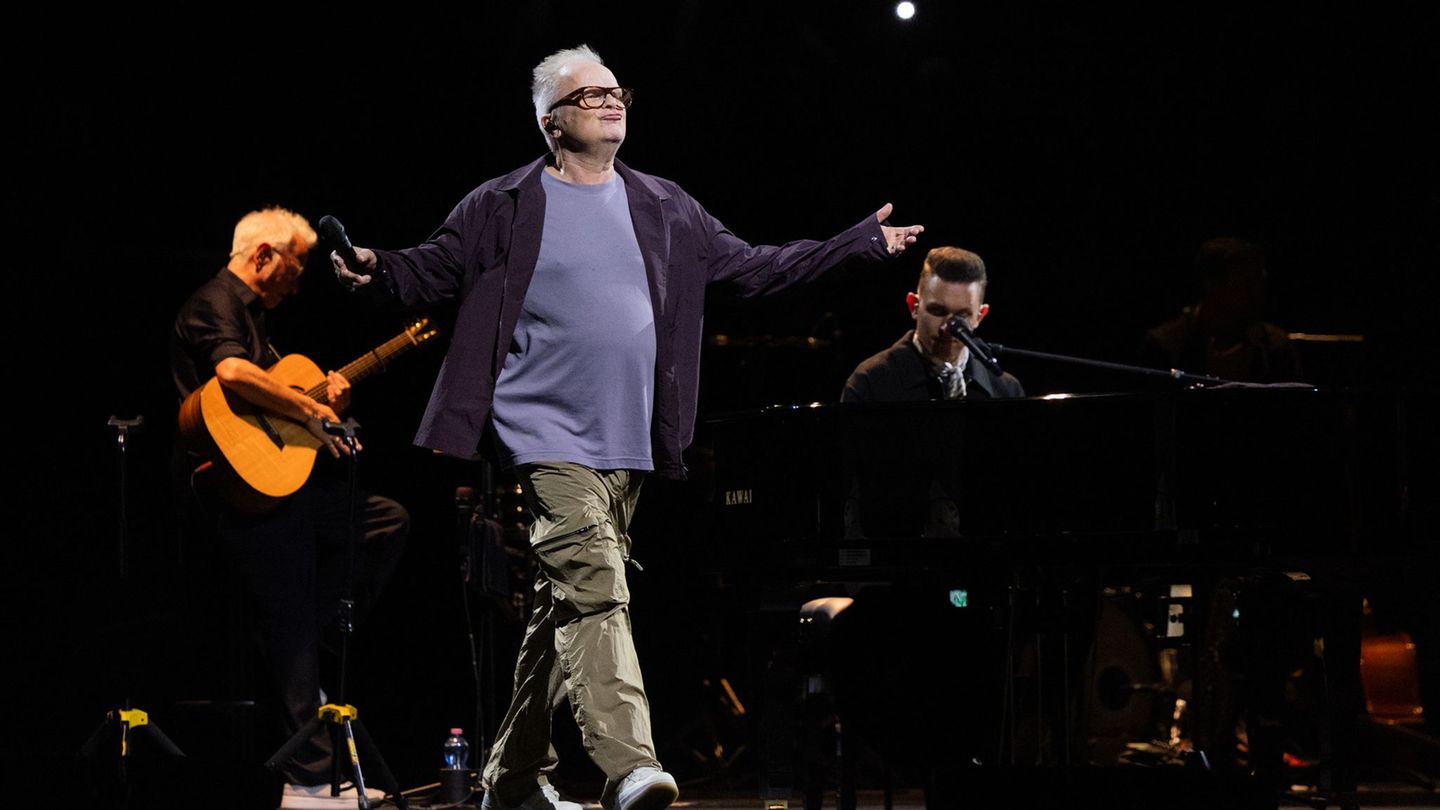The UN Secretary General, Antonio Guterres, today reaffirmed his support for his emissary in Sudan after receiving a letter from the head of the army, Abdel Fatah al-Burhan, in which he asked for his replacement in the midst of the armed conflict between the military and a paramilitary group.
The spokesman for the United Nations, Stéphane Dujarric, stated in a statement that “the Secretary General is baffled by the letter he received [el viernes] from the general to the Burhan”.
“The Secretary General is proud of the work carried out by Volker Perthes and reaffirms his full confidence in his special representative,” Dujarric added.
Neither the army nor the UN published official copies of the letter requesting the replacement of Perthes, criticized by the army leader for “misinforming” about a possible consensus to advance in a truce.
The army chief has been waging a war since April 15 with his rival and former deputy, General Mohamed Hamdan Daglo, head of the powerful Rapid Support Paramilitary Forces (FAR).
The fighting between the sides arose from disagreements regarding the future of the paramilitaries and their integration into the Armed Forces.
Thereafter, several clashes raged in the capital, Khartoum, with shelling, shooting and explosions, leaving millions of Sudanese barricaded in their homes in sweltering heat, with no running water or electricity.
Both Perthes and the UN mission in Sudan were attacked by Islamist and pro-military demonstrators, who protested several times last year against “foreign intervention”.
Perthes is currently in New York and there is no date yet for his return to Sudan. The authorities of the African country – one of the poorest in the world – have not granted visas to foreigners since the start of the war, the AFP news agency reported.
The UN emissary warned on Monday before the Security Council that “the growing ethnicization of the conflict threatens to prolong it with implications for the region.”
“In some parts of the country, the clashes between the two armies or the two armed formations have turned into communal tensions or triggered conflicts between communities,” he added.
The clashes have already left more than 1,800 dead and more than a million displaced, according to the NGO ACLED and the United Nations.
Source: Ambito




